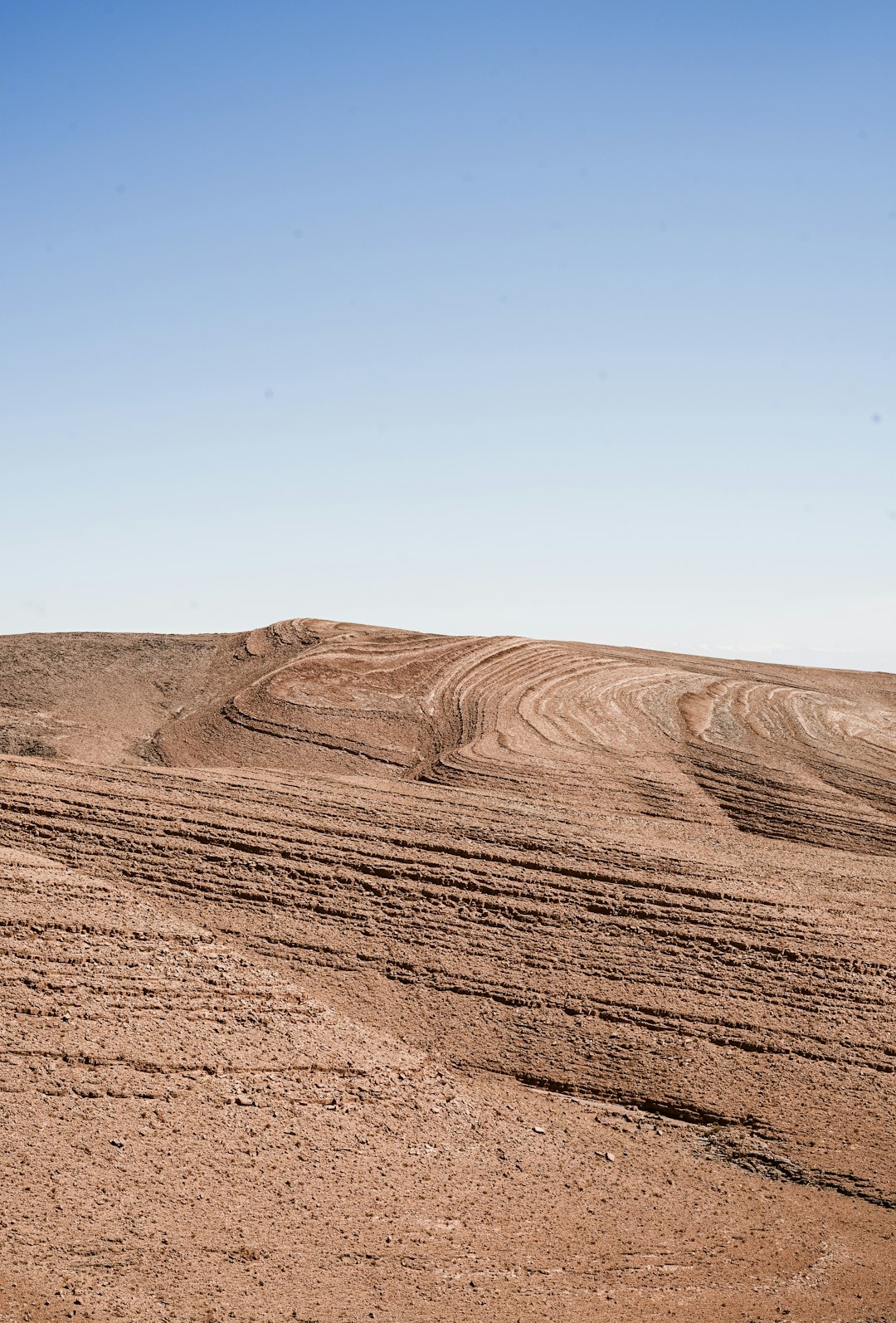

Impression are type in property, and this stands even truer in the affordable Hawaiian market. Start by taking on any necessary repair work— both significant and minor. A leaky tap or a squeaky door might not feel like a dealbreaker, yet it can be a turn-off for potential customers. Make sure the home’s amenities, such as air conditioning or a swimming pool, remain in superior problem, as these are highly prized in the exotic climate.
Organizing your home can likewise play a critical role. Improve the all-natural appeal of your environments by making best use of natural light and complementing the interior with tropical flora. Bear in mind, buyers aren’t just acquiring 4 walls and a roofing system; they’re purchasing into a way of living— one that’s identified with relaxation and all-natural splendor.
In addition, take into consideration a professional inspection. Not just does this demonstrate transparency, but it also provides you a possibility to deal with issues before they turn up in buyer evaluations, perhaps hindering an offer in the future.
Offering land in Hawaii might represent one of the more substantial financial deals you take part in. Undoubtedly, the decision to sell is never ever made lightly, and it's critical to approach this job with a selfhood of objective and prep work. To convert your land into quick cash, you need to present your property as not simply a parcel but as an entrance to the way of life and tranquility that Hawaii promises.
It's important to comprehend that selling land differs noticeably from selling developed residential or commercial properties. A house provides concrete attributes to lure purchasers, such as bed rooms, restrooms, and cooking areas, but land sales are frequently regarding the possible and the desire. When marketing your land, you require to highlight not just the physical attributes however likewise the capacity for what the land could come to be, whether that's a personal house, a business advancement, or a store farming venture.
Furthermore, involving with a property representative that has a proven track record in land sales, especially within Hawaii, is critical. They can direct you with the functional steps of offering your land, from first listing to the last handshake. This is crucial for vendors who are searching for fast cash, as a well-informed representative can expedize the process dramatically.
Prospective purchasers beware; the quest for your Hawaiin dream building necessitates attentive research study and an understanding of both the market and your wishes. Protecting a seasoned local property agent isn’t simply suggested, it's crucial. They know with the nuances of the regional market and can supply touching understandings that contribute in your decision-making procedure.
Additionally, it's a good idea to have a clear vision of your spending plan, as well as your intention for the land. Whether you're looking to build a residential property to live in or to create an industrial endeavor, your purposes will greatly form the land you should take into consideration. It’s crucial to assess the framework and access to utilities on any type of potential property, as these elements can dramatically impact both your budget and timeline.
Lastly, consider the cost of possession past the acquisition price, including property taxes, prospective home owners association costs, and upkeep costs. Hawaii is a dream, but it's crucial that your spending plan stays strongly based in reality.


Delving into the validities of land ownership in Hawaii can really feel as complicated as browsing an ancient Hawaiian rain forest. One unique feature of the Hawaiian realty landscape is the prevalence of leasehold homes. This suggests that buyers might buy the structure built on the land, while the land itself continues to be leased for a specific period.
Freehold possession, or 'Cost Simple,' on the other hand, entails the full ownership of both the land and any kind of structures upon it. Comprehending the variations between these 2 and the long-lasting effects they may have on your investment is definitely vital.
It's additionally essential to bear in mind the existence of 'Preservation Districts,' which are regulated areas meant to preserve considerable natural resources and ecological communities. If your land exists within these bounds, there will be extra limitations and guidelines for its use.
Tourism indisputably fuels Hawaii's economic climate, which by expansion, exerts an effective influence on building worths. The islands' proceeded appeal as a getaway location can result in enhanced demand for land, driving real estate costs northward. Advancement jobs focused on fitting the increase of site visitors— such as hotels, hotels, and home entertainment complicateds— can also escalate surrounding land values.
Nonetheless, with chance comes threat. Overdevelopment can potentially dilute the extremely beauty that draws individuals to Hawaiian shores, resulting in a perilous balancing act between financial growth and preservation. This is a vital factor to consider for any financier looking for to capitalize on tourism-driven advancement.
Furthermore, the ebbs and flows of global traveling fads, which might vary as a result of economic slumps or wellness situations, can also influence the market. Astute capitalists will certainly need to think about these elements when establishing the timing and nature of their investments.


At the heart of Hawaiian culture lies the Aloha Spirit— a viewpoint of common respect and love, prolonging beyond the people to include the land itself. As we witness the ebullient development and growth, there rises a require responsible stewardship to guarantee the conservation of this spirit.
Involving with the area and understanding conventional Hawaiian customizeds and values can clarify sustainable techniques that recognize the land. Integrating contemporary advancement with typical values not just values the heritage but can also reverberate positively with residents and site visitors alike, creating a much more extensive and genuine Hawaiian experience.
Crucially, ensuring that growth does not infringe on the legal rights and livelihoods of indigenous Hawaiian populations is not just a legal matter but an ethical one as well. This harmony in between progression and conservation is where we might discover the truest kind of success in Hawaii’s realty ventures.
Finally, the trip to having land in Hawaii is filled with marvel and fraught with complexity. Welcoming the Aloha Spirit in your real estate ventures doesn’t merely close a purchase yet weaves you into the intricate tapestry of Hawaii's cultural landscape. Whether pulled in by the islands' natural greatness or the flourishing tourist market, browsing this terrain demands regard, understanding, and a readiness to find out the nuances that make Hawaiian real estate as special as the islands themselves. With considered preparation, expert suggestions, and a considerate method, your piece of heaven in Hawaii isn't simply a dream— it's an opportunity.
Coming close to the goal in purchasing Hawaiian land, it's vital to guarantee a smooth purchase. This ending action calls for specific control and a clear understanding of the acquiring process. One essential suggestion for a smooth close is to establish reasonable period, recognizing the fact that residential or commercial property transactions often tend to take much longer in Hawaii than on the landmass due to governing and logistical intricacies.
Clear interaction in between all celebrations is extremely important. This involves all stakeholders — from your property representative and attorney to lending institutions and escrow police officers. Keeping an open discussion will assist in better understanding and efficient handling of the different steps involved in sealing the deal.
Lastly, be gotten ready for the financial aspect of closing. Recognizing all the expenses entailed, including escrow costs, title insurance, and real estate tax, will certainly protect against any shocks. Also, make certain all records are diligently assessed prior to finalizing; this is where your lawyer's proficiency comes to be vital, safeguarding your passions as you officially end up being a landowner in the Hawaiian Islands.
In conclusion, getting land in Hawaii can be a satisfying venture, supplying the utmost desire for island living. Yet it requires comprehensive preparation, comprehensive due persistance, and an intimate understanding of the special Hawaiian building market. By meticulously taking into consideration the insights offered in this discussion and adhering to the standards laid out, you will be well-positioned to finish your purchase with confidence and start the amazing trip of owning a piece of Hawaiian paradise.

A purchase agreement should include details such as the purchase price, terms of payment, contingencies, and closing date.
Having all paperwork ready, choosing a reputable title company, and being prepared for negotiations can expedite closing.
Necessary documents include the deed, property tax records, and any agreements related to easements or restrictions.
Avoid pricing too high or too low without research, neglecting due diligence on potential buyers, and overlooking legal requirements.
The essential documents include the deed, property tax receipts, land survey, and any existing agreements or restrictions on the property.